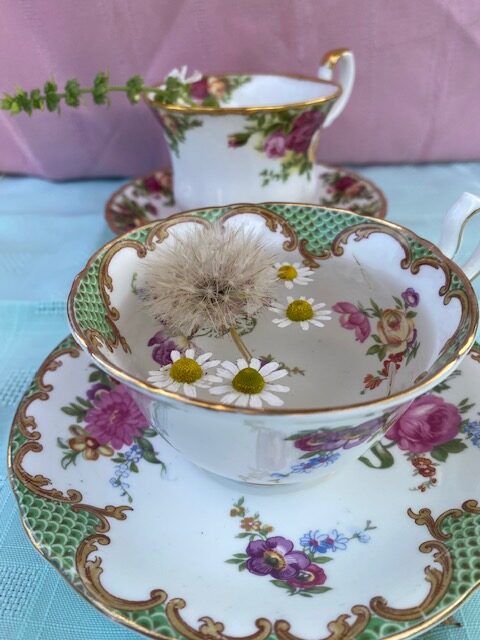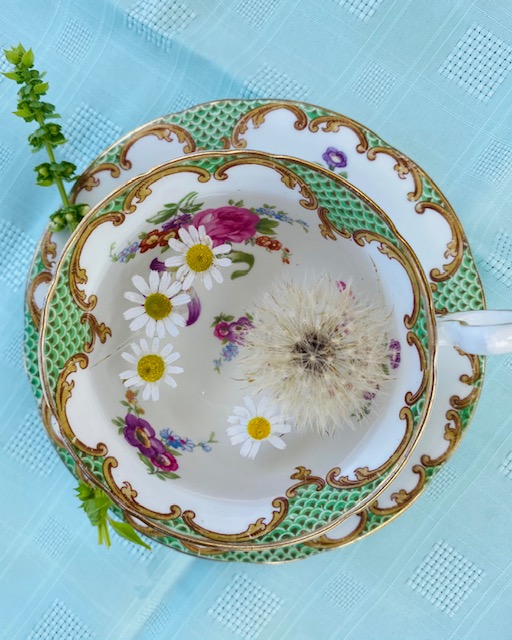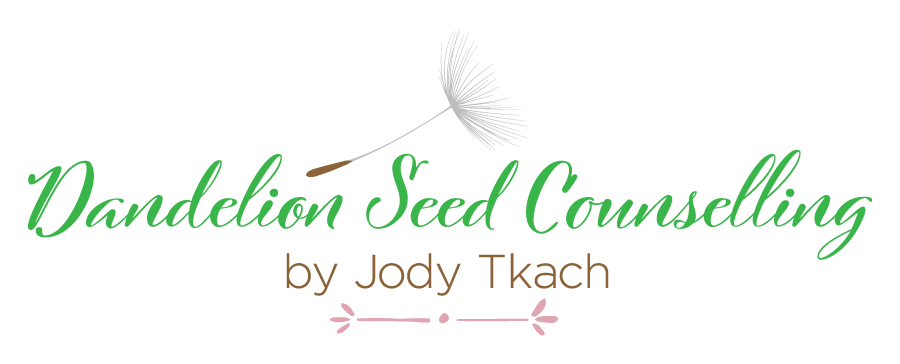Therapy at Dandelion Seed

My Style:
Empathy: Empathy is more than feeling “sorry” for someone. Empathy is the ability to grasp a person’s meaning and worldview. The use of empathy in counselling sessions will help me to understand how you see the world and the unique beliefs and values you hold. Instead of seeing the world as I see it, I want to understand and view the world the way you do. Empathy is a skill I have learned through many years of nursing, by hearing stories of others, and helping others through emotional and physical pain. This skill was refined and focused during my Master’s degree.
Relationship: The relationship between a counsellor and their client is the most important factor in successful therapy; more important than the type of therapy used. I use empathy, humour, and mindful self-disclosure to create a relationship based on mutual respect. I am the expert in counselling methods and you are the expert in what you want for your own life. Together we will create a safe relationship to explore looking at your life in a new way. I am always open to changing the course of therapy if it doesn’t work for you.
Why come to therapy when you have a good friend to talk to? The relationship between a counsellor and their client is different than a friendship. Although we may develop friendly feelings towards each other, our relationship does not include the reciprocal social contract of a friendship. You don’t have to worry about talking too much about yourself or not asking about my day, the time we have together can be all about you without needing to give anything back to me. I have other relationships I use to refill my own batteries. I am also an objective presence. I don’t have a history with your family and friends and may be able to provide another way of looking at these relationships.
Insight: Therapy is a chance to gain insight into your own life. My goal in therapy is to use empathy and a strong partnership to show a new way of looking at your issues and relationships. I am not a person who is going to give you advice in the traditional sense, I am not going to tell you what I would do in the situations we discuss. Instead, I will take all that I know about you and what you value and try to help you reflect on what is best. I truly believe you are the expert in your own life and you are the only one who knows the best course to take. I am your guide to finding that course, and it could be different from the course I would choose.
Unconditional Positive Regard: This is a concept first introduced by Carl Rogers. He believed people could find their own best of ways of being when in a relationship with a caring, genuine, congruent therapist. Rogers described this type of relationship as one with unconditional positive regard. This means in our relationship I will always see you through a positive lens. I will try to view every action and thought you share with me from the best possible angle, I accept you as you are unconditionally. For many people, this is a new and powerful way of being with another person. I believe it creates safety for you to explore who you really are without worrying about how I will receive it. It can also help you to start viewing yourself in a more positive manner.
Modalities & Techniques:

Cognitive Behaviour Therapy: Cognitive Behaviour Therapy is the number one recommended therapy to alleviate symptoms of anxiety and depression by the American Psychological Association (APA) and the Canadian Centre for Addiction and Mental Health (CAMH). This type of therapy helps people connect their behaviours, thoughts, and actions. When we think things are a certain way, we act a certain way, and when we behave a certain way, we think a certain way, and so on. I use CBT to help identify thinking and behaviours that are not serving you well, using worksheets and activities to initiate change. This type of therapy works well after we have established a relationship and you are able to start looking at the circumstances in your life.
Motivational Interviewing: Motivational Interviewing is a technique to move someone toward change. Sometimes we know where we want to go, but not how to get there. I will explore options with you to start the journey in small, achievable steps.
Existential Therapy: Sounds a bit “fluffy”, and believe me, I am not very “fluffy”, but I have found existential therapy can work when we have a good relationship. Existential therapy encourages people to find meaning in their lives and learn to live by their own values. Many people are living in ways to please others and society, being who they think they should be instead of the unique person they really are. I believe when we live our lives the way we really want, it becomes easier and more fulfilling, and we make better choices. Your life isn’t perfect, but I know you should live it the way you want. Humour, imagination, and the use of language make existential therapy a great fit for my style of counselling. Once you try it you will like it as much as I do. Helpful for anxiety, depression, and those moving through grief and other life transitions.
Emotion-Focused Therapy: Attachment and bonding are important to a healthy life. Emotion-focused therapy can help people who are not used to identifying and expressing emotions. Parents sometimes teach children to hide, or not acknowledge, their emotions. This leads to emotions that come to the surface in unhealthy and unexpected ways, leading to difficult and confusing relationships with others. Once a person can acknowledge and work alongside their own emotions, relationships and attachments become easier. Relationships with parents, children, and partners become comfortable and natural. Great for couples, parents, and other relationships.
Cognitive Processing Therapy: Trauma changes the brain. Shame and anxiety can take over your life when your brain tries to protect you from events that are long over. Cognitive Processing Therapy helps integrate traumatic events into your life so you can move on. You can talk about the actual traumatic event as much or as little as you like and this therapy can still help. Helpful for first responders, birth trauma, and sexual or childhood abuse survivors.
Socratic Questioning: I am not perfect, and I don’t pretend to know the best action to take, especially in your life. Socratic Questioning is a type of conversation where one person asks questions to explore who a person is, and how they want to solve problems. Instead of telling you what to do, this type of conversation can help you to find out what you want to do. People are more likely to initiate real change if it comes from their own underlying values and beliefs.
Socratic Questioning feels like I am really getting to know you, which is why it includes a lot of questions. Also, it might include “challenging“. Challenging is when I explore what you are sharing in session and if it matches with what I have learned about you and what you want. For example, one of my clients said her relationship was the most important thing in her life. She shared she was always working late, at the expense of her relationship, because she was afraid of losing her job. I challenged her that if her relationship were more important, she would rather risk her job than her relationship.
Socratic Questioning is also completely open to the counsellor being off the mark. If I am wrong it is strongly encouraged that you let me know. Sometimes this brings out the best conversations and discoveries!
Book online for in-person or virtual sessions. https://dandelionseed.janeapp.com
